Ben Sidaway – Advances in Motor Control and Learning for Neurological Rehab
$109.00 Original price was: $109.00.$30.40Current price is: $30.40.
In many rehabilitation settings, therapists are faced with the challenge of how best to teach motor skills to patients. In pediatric settings, the challenge is to optimize the learning of new skills, while in neurologic and geriatric settings
Ben Sidaway – Advances in Motor Control and Learning for Neurological Rehab
MODELS OF MOTOR CONTROL
- Reflex models
- Peripheral control
- Spinal control
- Hierarchical and information processing models
- The role of cognition
- Motor programs
- Mass-spring models
- Dynamics systems and ecological models
- The degrees of freedom problem
CASE STUDIES
- Treating spastic gait in children with cerebral palsy
- Gait onset in children
APPROACHES TO NEUROLOGICAL REHABILITATION
- Facilitation approaches
- Manual guidance
- Current motor control approaches
- Bimanual coordination
CASE STUDIES
- Treating asymmetric weight-bearing in patients with hemiparesis
- Improving performance of hemiparetic limbs
- Improving Parkinsonian gait
- Treadmill training in Down syndrome gait
- Treadmill training for patients with neurologic insults
- Improving motor coordination in patients with stroke
ASSESSING MOTOR LEARNING
- Acquisition
- Retention
- Transfer
- Dual-task
TRANSFER OF LEARNING VS. SPECIFICITY OF PRACTICE
PART-WHOLE PRACTICE TECHNIQUES
STUCTURING THE LEARNING ENVIRONMENT
- Modeling
- Verbal cues and instructions
- Feedback
- Contextual interference
- Spacing of treatment
- Mental practice
- Motivation and goal setting
CASE STUDIES
- Improving motor skills in patients with Parkinson’s disease
- Dorsiflexion strengthening for foot drop
PERCEPTION-ACTION COUPLING
- The role of optic flow
- Perspective control
- Affordances
Would you like to receive Ben Sidaway – Advances in Motor Control and Learning for Neurological Rehab ?
Description:
In many rehabilitation settings, therapists are faced with the challenge of how best to teach motor skills to patients. In pediatric settings, the challenge is to optimize the learning of new skills, while in neurologic and geriatric settings, therapists primarily focus on changing inappropriate motor behavior and the re-learning of motor skills.
Successful therapists must be able to accurately determine the cause of motor skill impairments and then design treatment approaches that facilitate the learning or re-learning of motor skills. In today’s fast paced health care environment, therapists must be adept in structuring the learning environment to promote the quickest and longest lasting changes in a patient’s motor skills.
In this course, you will examine current theoretical and applied perspectives in the field of motor control and learning and will discuss their implications for therapeutic evaluation and treatment. Course discussion will be focused at the behavioral level and will compare and contrast information processing and dynamic systems models in understanding normal and pathological human motor behavior. Implications for treatment stemming from both approaches will be examined.
You will constructively criticize current assumptions underlying motor control rehabilitation and discuss how theoretical frameworks bias evaluation and treatment options. Given an understanding of past and current approaches to motor control and learning, you will be able to flexibly design their own unique treatment approaches to optimize functional outcomes in each patient.
Be the first to review “Ben Sidaway – Advances in Motor Control and Learning for Neurological Rehab” Cancel reply
Related products
Health & Medical
Kate Freeman – Heart Of Releasing – Masters for Daily Releasing
Health & Medical
Peter H Addy – Psychedelics, Hallucinogens and Entheogens – What Clinicians Need to Know
Health & Medical
Health & Medical
Health & Medical
Deborah Dana – Polyvagal Theory in Action with Deb Dana, LCSW


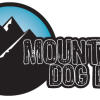
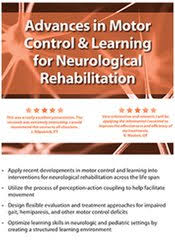



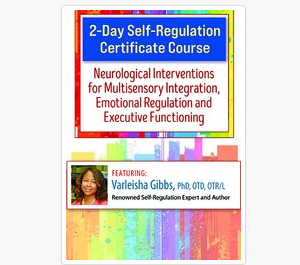



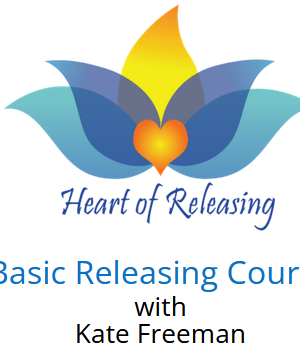
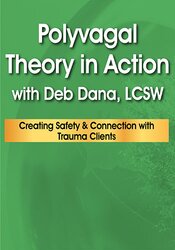
Reviews
There are no reviews yet.